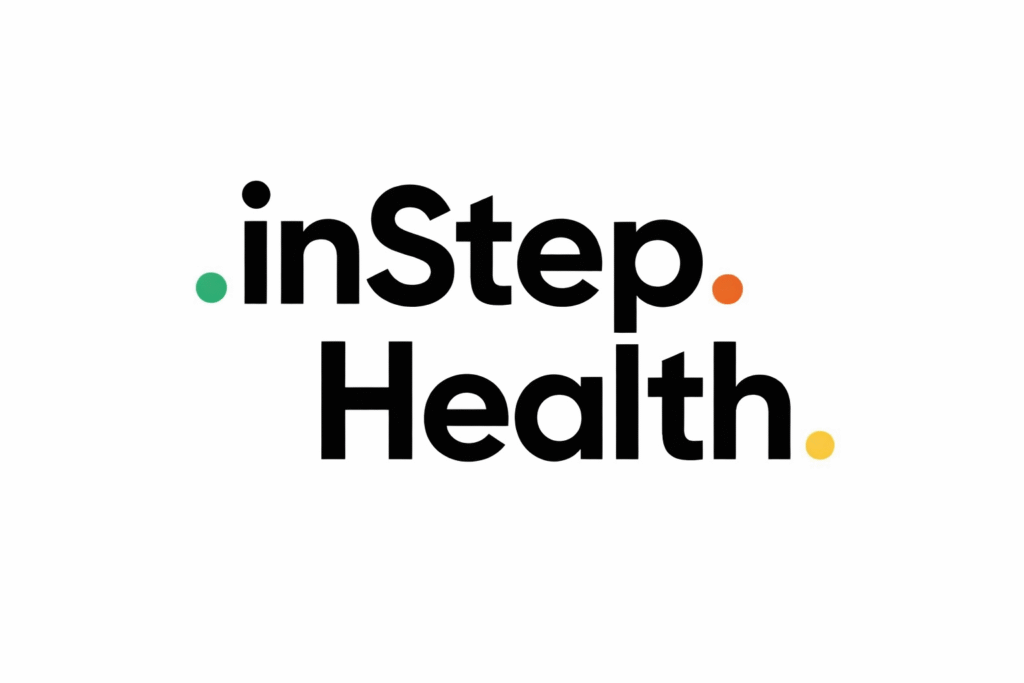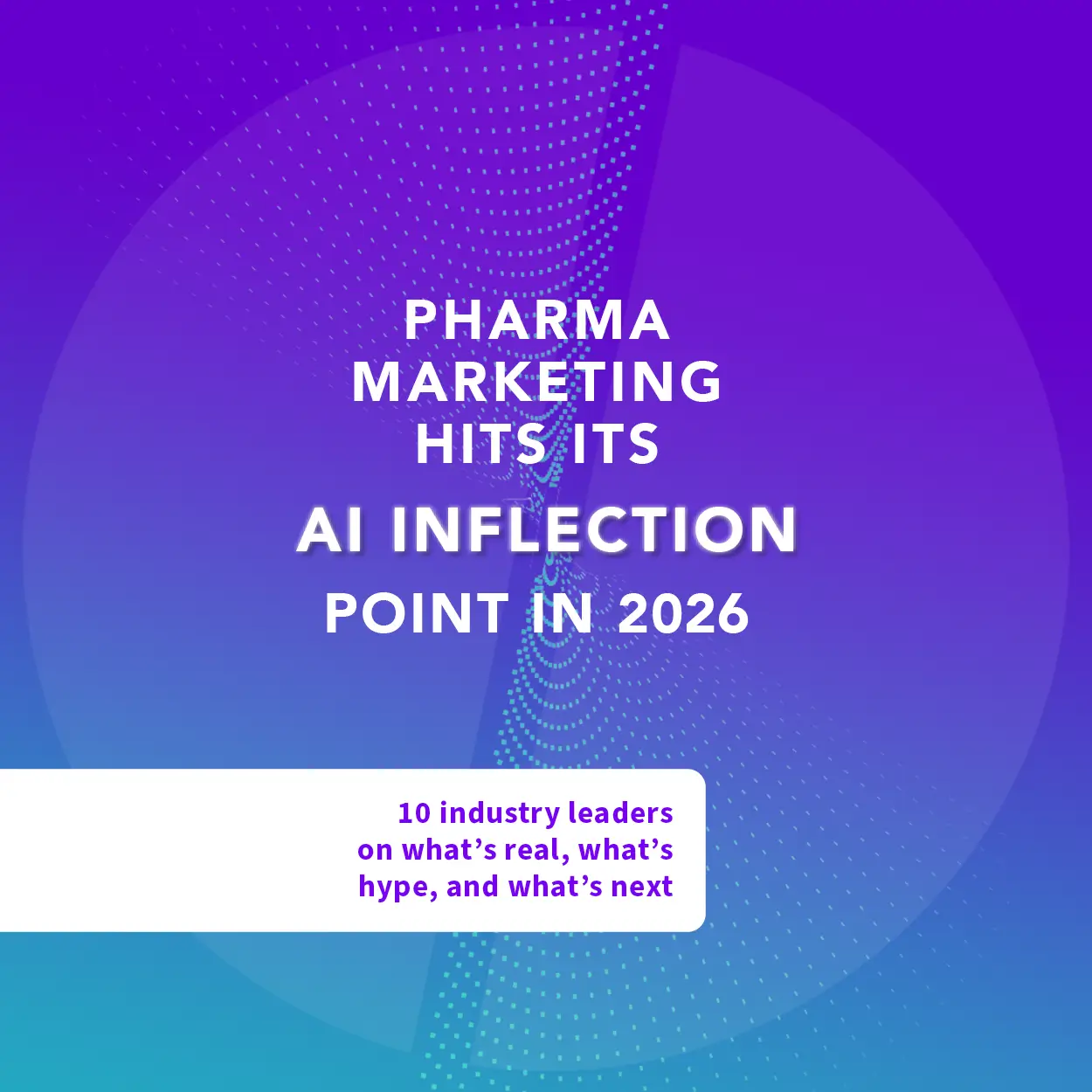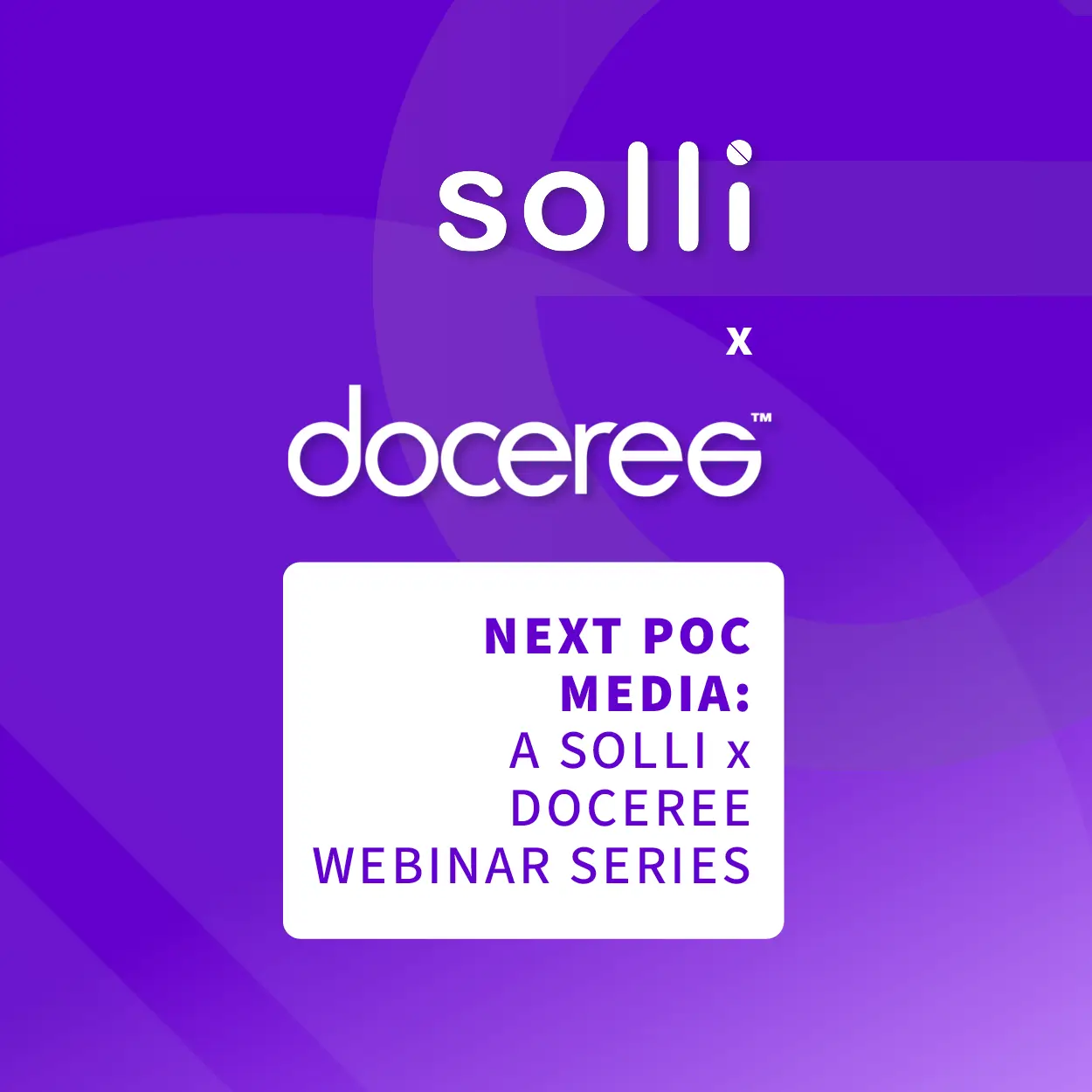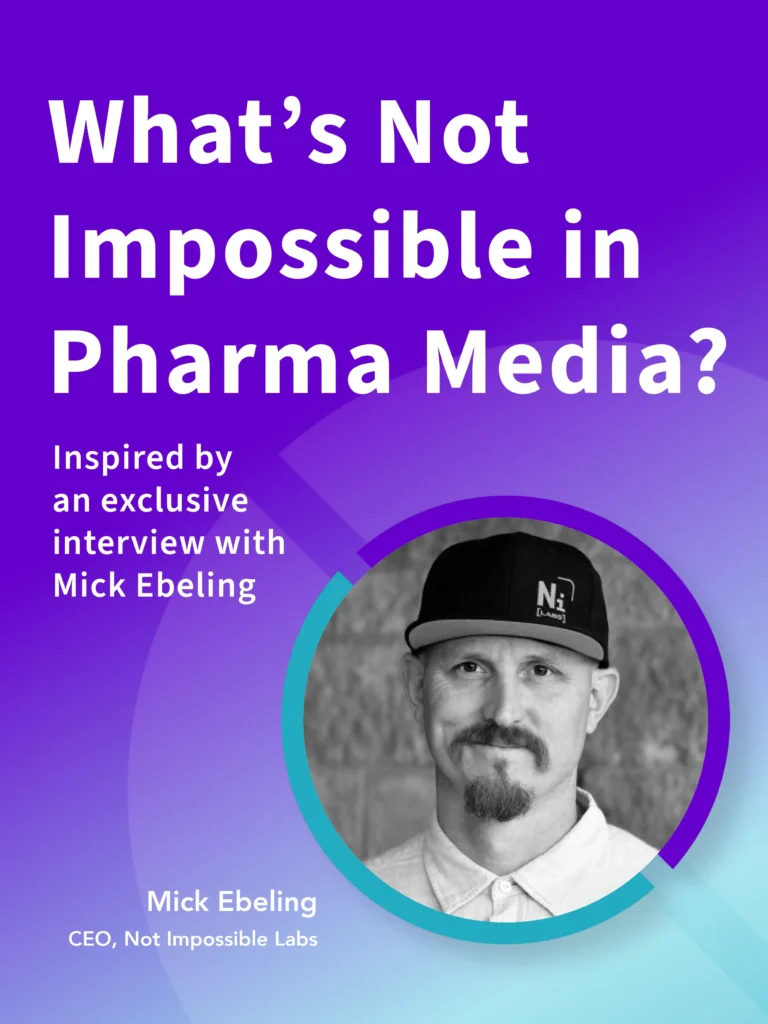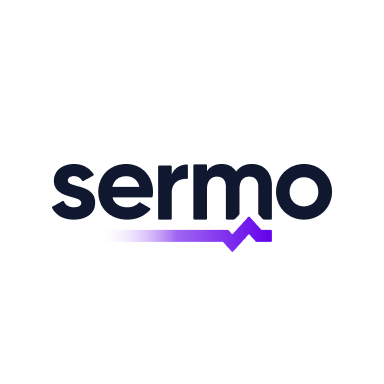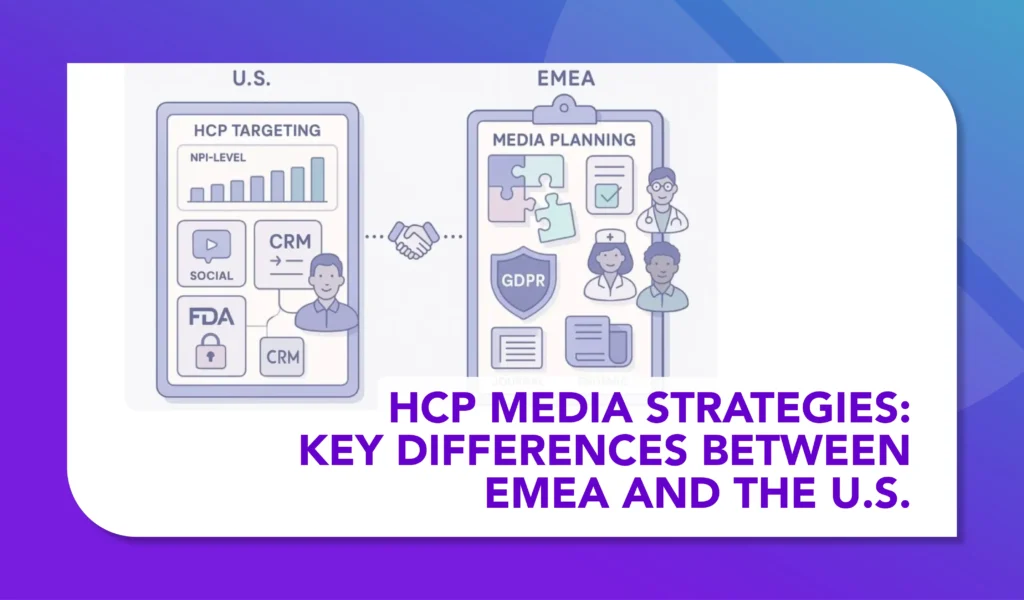Perplexity Ventures into Advertising
What is the new model, and what opportunities does this open for Pharma media?
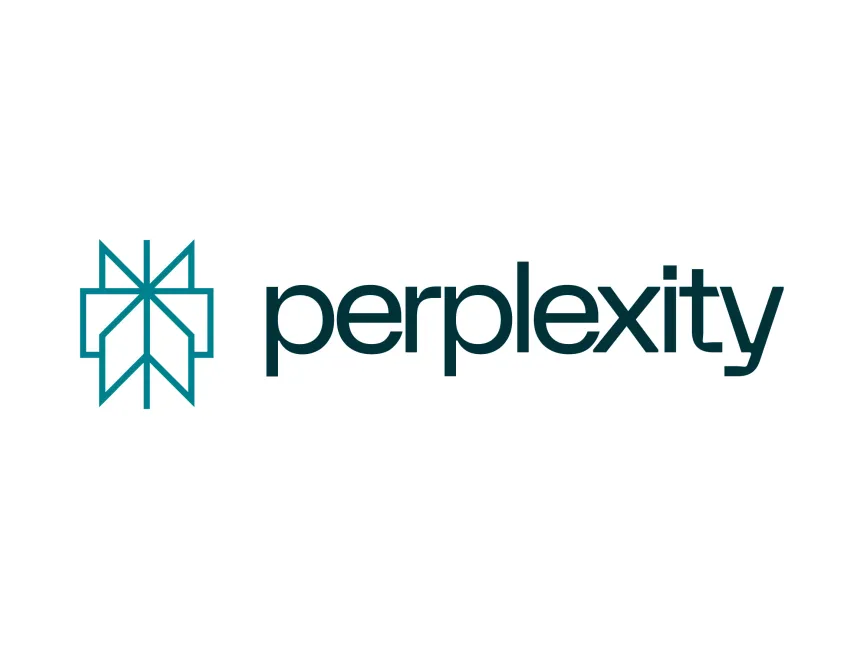
Perplexity’s Rise and Strategic Shift
Perplexity, an AI-powered search engine, has quickly made a name for itself as a credible alternative to traditional search engines like Google. Since its inception three years ago, Perplexity has focused on delivering high-quality, AI-driven search results, earning the platform significant traction and backing from high-profile investors, including Jeff Bezos and Nvidia.
As of mid-2024, Perplexity reached a valuation of $3 billion, underscoring its rapid growth and the market’s confidence in its potential. Now, the platform is poised to introduce advertising features in the fourth quarter of 2024, marking a significant shift in its business strategy.
Overview of Perplexity’s Advertising Model
Perplexity’s new ad model introduces sponsored follow-up questions and video spots embedded within search results. For example, a user searching for basketball shoes might encounter a sponsored query about Nike products, seamlessly integrated into their search experience. Additionally, publishers will have the opportunity to earn revenue when their content is cited in these follow-up questions, adding another layer of interactivity and monetization.
Balancing Ad Content and Trusted Information
As Perplexity moves into advertising, the platform faces the critical challenge of balancing commercial interests with maintaining the trust of its users. Perplexity has built its reputation on providing accurate, unbiased search results, and the introduction of ads could risk eroding that trust if not managed carefully. Ensuring that sponsored content is clearly distinguished from organic search results will be essential to preserving the platform’s credibility. Users need to feel confident that the information they receive is reliable, regardless of whether it is accompanied by ads. For Perplexity, getting this balance right is crucial—not just for user retention, but also for attracting advertisers who want to associate their brands with a trustworthy platform.
Positive Potential for Pharma Companies
Pharmaceutical companies, in particular, could be a first mover in harnessing Perplexity’s new advertising offerings. The nature of the platforms usage today, and the fact that its user base tends to be more educated and deeply engaged with specialized content, could make it an interesting option for pharma marketers. The key will, as always, be either harnessing first-party data to target key audiences or the ability to over and integrate 3rd party data sources. Pharma companies are already familiar with paying higher CPMs for targeted advertising that delivers results, so that purported higher CPMs from Perplexity shouldn’t be a blocker.
Challenges in Disrupting Google’s Dominance
Despite its innovative approach, Perplexity faces considerable challenges in its effort to disrupt Google’s dominance in the search market. Although Perplexity currently boasts superior AI-generated responses, this advantage may not be enough to outpace Google in the long term. Google’s vast infrastructure, extensive user base, and enormous financial resources position it as a formidable competitor, particularly when it comes to protecting its multibillion-dollar search revenue. Even when Google stumbles in deploying AI products, its ability to quickly adapt and leverage its unparalleled resources ensures that it remains a powerful force in the industry, making it difficult for any challenger to gain significant ground.
solli’s Final Thoughts
Perplexity’s move into advertising offers promising opportunities for pharmaceutical companies looking to engage with their audiences in new ways. It will also pave the way for other AI platforms seeking to monetise their platforms. Seeing how competitors and pharma brands react will be intriguing over the next weeks and months.



